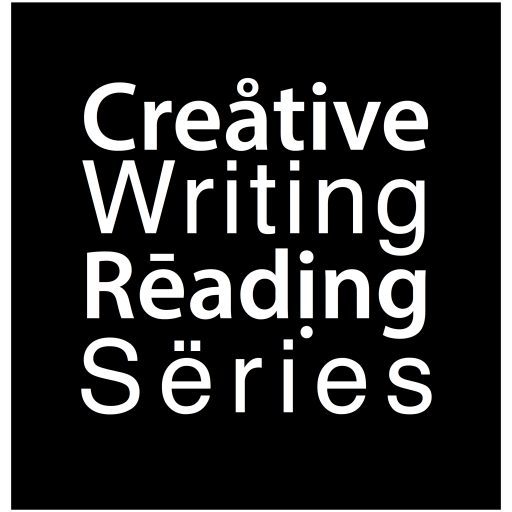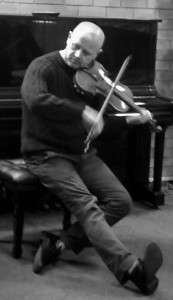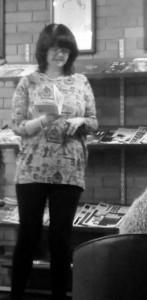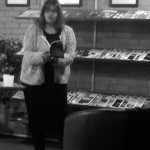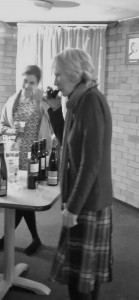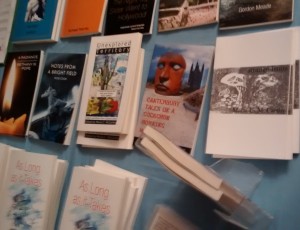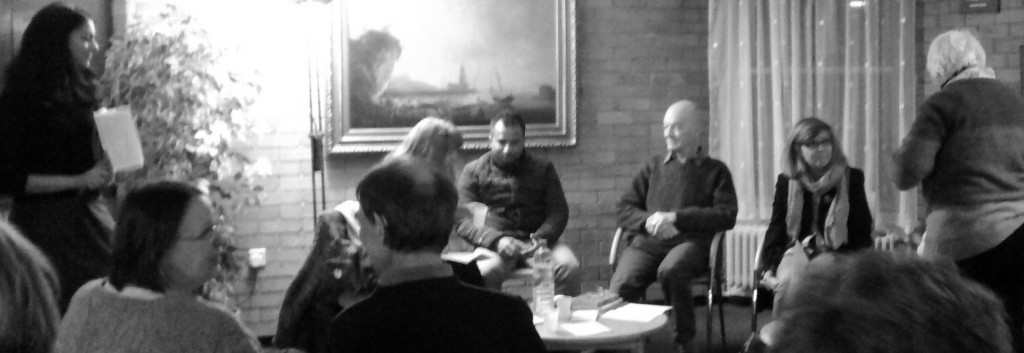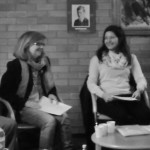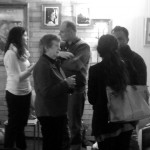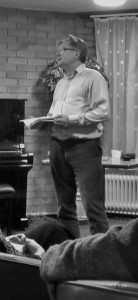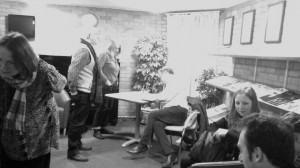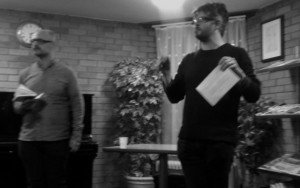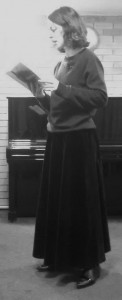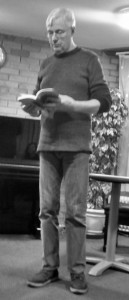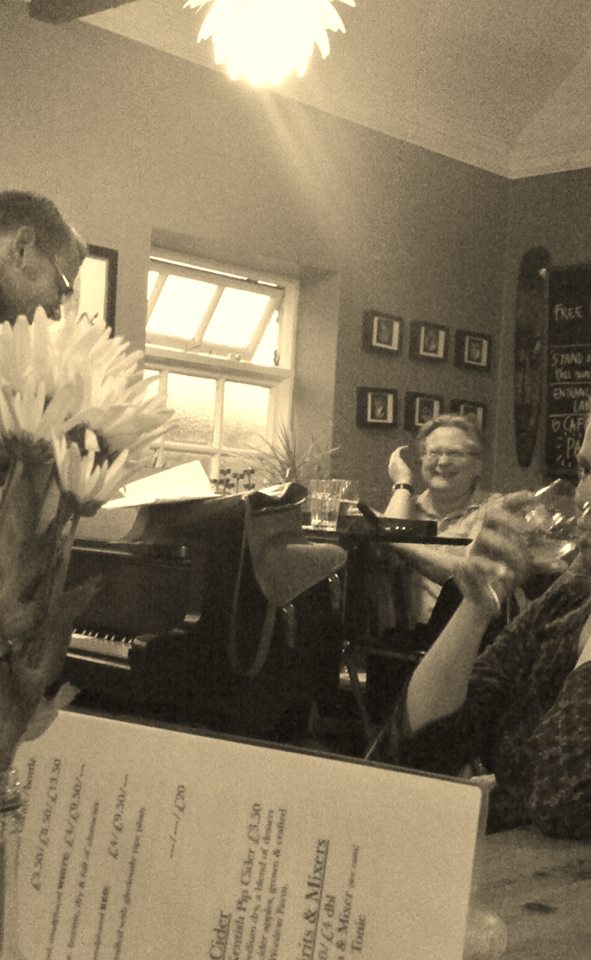A tempest raged, birds flew backwards and the M2 was closed. Eliot SCR was a beacon in the grey. A lone fiddle playing jigs and reels, the clink of wine bottles and the murmur of shirked coats: Wednesday’s reading felt more Tipperary tavern than literary salon.
There aren’t many authors who bring along their own musician: maybe they should. Maria McCarthy warmed up her audience with Irish tunes performed – and later sung – by her brother Jamie. A wise move, as McCarthy’s stories, from her new collection As Long as it Takes, draw on tales from the author’s extended Irish family and heritage.
Here were explorations of displacement, of the old country as home and England as a place to prosper. ‘Some people think Irish people aren’t very clever’, McCarthy’s narrator warned, ‘and you mustn’t give them any ammunition.’
‘A Tea Party’ told of a young girl’s confusion as she attempts to negotiate the adult world:
the roles of men and women, too many babies, Catholic rules and rituals. In this world, ‘God is in the priest’s thumb’ and marital communication stops as soon as ‘there are babies’. Family is subject to the forces of temptation, betrayal and disappointment: tough themes dexterously delivered through an observant child’s voice and strong lacing of wry humour. As the narrator enjoys a secret tea party with her father and the alluring Mrs Roberts, she notices silver balls on the fairy cakes, curling fingernails holding the plate and, leaning forward, ‘the line’ where her host’s ‘bosoms met’. After the adults return from their ‘talk about grown-up things’, the ‘too red’ mouth of the woman looms ‘like the felt pen’ stain her little brother ‘got on the living room carpet’, an indelible act.
Maggie Harris followed with ‘The Calipsonians of Ramsgate’, a story from her recent collection Canterbury Tales on a Cockcrow Morning. An accomplished poet, Harris’ prose swung along rhythmically, full of
alliteration and striking images. Three young men triumph and falter against the seaside setting of 70s Thanet, until life eventually gets them ‘in the throat’, ‘those beautiful boys’, all dreams of Hollywood glamour choked out by caught fish-bones, cancer and suffocating sickness.
A very different kind of community unfurled in Maggie Drury’s claustrophobic tale ‘Unexplored Territory’. Dysfunctional neighbours spy on each other, negotiating inner and outer worlds: sunbathing women and morning goodbye kisses, ill-conceived infatuations and paralysing private superstitions. Odd numbers
take on sinister significance. ‘The space between two heads is unchartered water’. People inhabit shared spaces, living separate, fantastical lives.
After a song from Jamie, Maria finished the evening with ‘More Katherine than Audrey’, a provocative tale of one of society’s ‘forgotten women’. Noreen inhabits the Longrove asylum, home to wayward women whose madness is signified by a refusal to fit in. A deft character study, McCarthy’s use of voice and subtle, slow reveal made for an unsettling and enigmatic story.
As with all good storytellers, we were left wanting more. McCarthy was careful not to give us the full force of a finished story. Want to know what happens? Buy the book…
As well as being an author and Kent alumna, McCarthy is the brainchild behind Cultured Llama, the independent publishing house set up with her husband, Bob Carling. After starting the press to produce her poetry collection strange fruits – an endeavour in association with WordAid, raising funds for MacMillan Cancer Support – Cultured Llama opened up for submissions of poetry, short fiction, and what McCarthy describes as ‘cultural non-fiction’. According to McCarthy, running a small press is a labour of love, but this operation can ‘provide a better experience for readers and authors than the large publishing houses.’ Rather than shipping out stages of production and removing the author from the publication process, Cultured Llama’s books ‘are edited and designed in consultation with the authors…the cover designs are individual and beautiful’ and, most importantly, ‘they are a good read’.
As Long as it Takes is published by Cultured Llama. Buy your copy direct from the author – and publisher – via the website www.culturedllama.co.uk
The deluge of the South West means the enforced cancellation of next week’s scheduled evening with Penelope Shuttle: she may yet join us in the Autumn.
More events after Reading Week: Janice Pariat joins us for the next reading on Wednesday 5th March, 6pm, in Keynes SCR.
Keep dry.
Sonia
